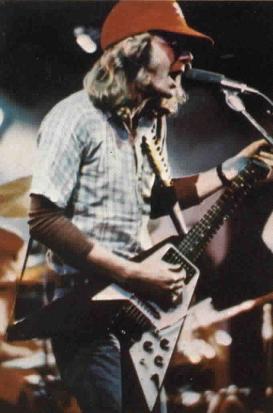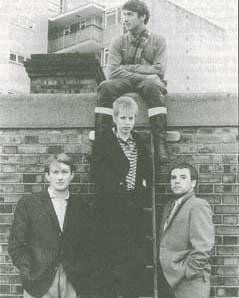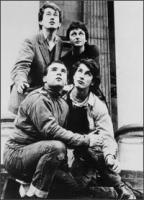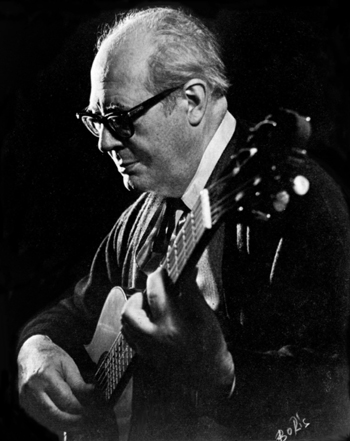Andy Summers - Police
Born: 31 December 1942
Place: Poulton-le-Fylde, England
Andy Summers is an English guitarist best associated with the rock band The Police. His real name was Andrew James Somers.
In the late 1940’s Summer moved to Bournemouth, Dorset where he spent his early days as a child. His first love was jazz and he worked in Bournemouth music store and played along with the local bands in Dorset clubs.
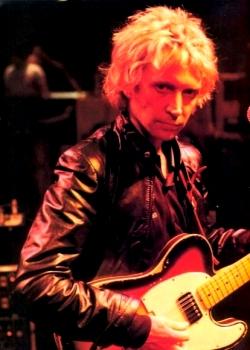
Andy Summers was famous from his teens, playing in clubs and then moving on to recording in the 1960’s. His work with Zoot Money’s Big Roll Band and Dantalian’s Chariot were popular in the London clubs.
Summers recorded with various artists like Eric Burdon and The Animals, Joan Armatrading, Tim Rose, Jon Lord, Kevin Coyne, Kevin Ayers and Neil Sedaka.
When The Rolling Stones wanted a replacement for Mick Taylor, the band saw the potential of Andy Summers and was considered for the post of lead guitarist. However, The Rolling Stones finalized Ron Wood. Andy Summers worked with Sting of The Police even before the band was formed with Strontium 90.
Though Summers was popular in the music arena, his real break through came when he became the guitarist for The Police. His performance in “Every Breath You Take”, “Don’t Stand So Close to Me” and “Message in a Bottle”, took his name to fame internationally.
It should be noted that he has also worked on film scores and has released various recordings with popular musicians.
Andy has used a vide variety of guitars ranging from the Gibson’s to the Fender’s. His most notable ones were the Fender Telecaster, Gibson PAF, Fiesta Red 1961 Fender Stratocaster, Gibson ES-335, Gibson ES-175, Hamer Guitars, 1963 custom based Telecaster.

